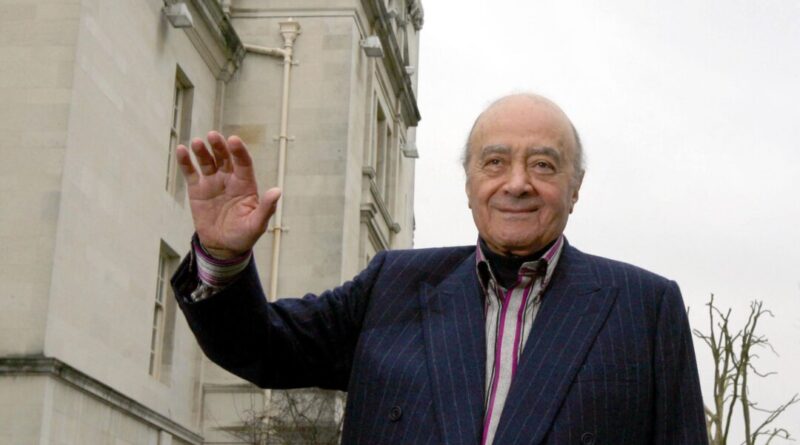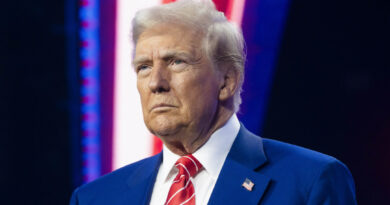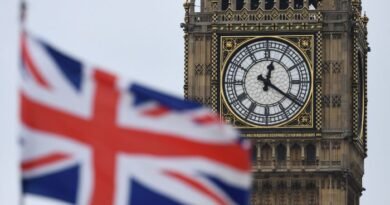Harrods confirms over 250 individuals compensated for sexual misconduct claims
Harrods has confirmed that the number of alleged victims of historic sexual misconduct by the late Mohamed Al Fayed has grown, with more individuals coming forward each day.
The London luxury department store stated that over 250 people are part of the process to settle compensation claims related to the allegations against the former owner.
Harrods mentioned that they have settled claims with women who accused the Egyptian billionaire of sexual misconduct. The store did not disclose if all individuals involved in the legal action were women, but all known alleged victims are female, with some being underage at the time of the incidents.
Non-disclosure agreements (NDAs) were previously part of settlement cases between Harrods and the victims, but the store has now informed lawyers that they will not enforce any rights they may hold over those who signed these agreements.
A team of lawyers, known as Justice for Harrods Survivors, is representing the alleged victims and intends to sue the store for failing to protect their employees and enabling the abuse through a cover-up culture. They do not plan to launch a class-action lawsuit but will act for each woman individually.
Lawyers compared the case to those involving Jimmy Savile, Jeffrey Epstein, and Harvey Weinstein, calling Mohamed Al Fayed a monster enabled by a system.
Scotland Yard is conducting a detailed review of the allegations against Al Fayed, with criticism of their previous actions in response to reports of abuse. The Metropolitan Police sought advice from the Crown Prosecution Service in 2009 and 2015 but decided not to press charges due to a lack of evidence.
Al Fayed, who also owned Fulham FC, acquired Harrods in 1985 and sold it to the Qatari royal family in 2010. He gained notoriety following the tragic deaths of his son, Dodi, and Princess Diana in 1997, attributing the crash to a conspiracy orchestrated by MI6. These allegations have swirled for many years, with former Harrods employees speaking out as early as 1997.



